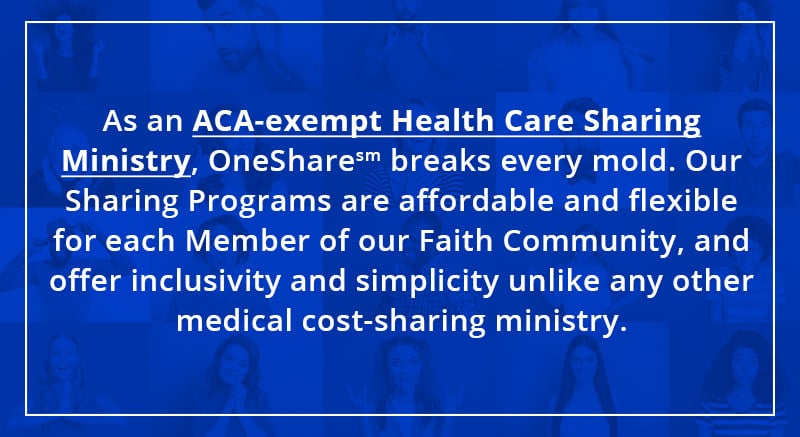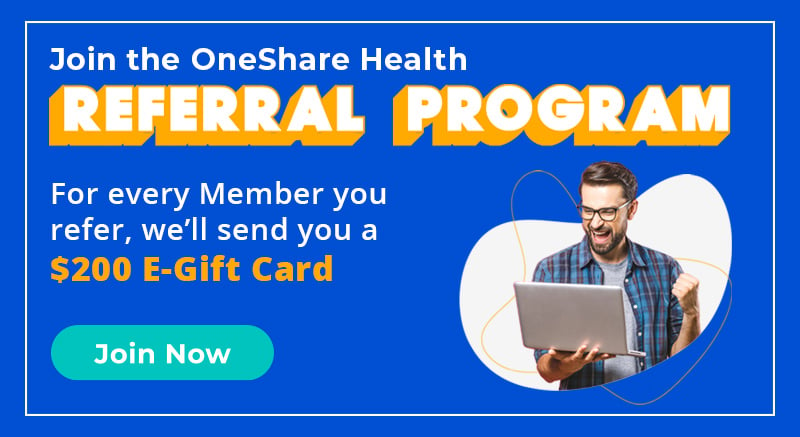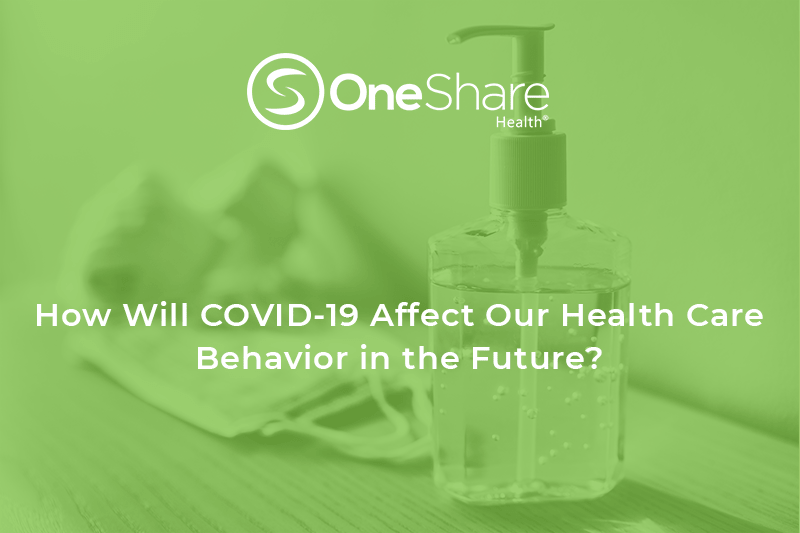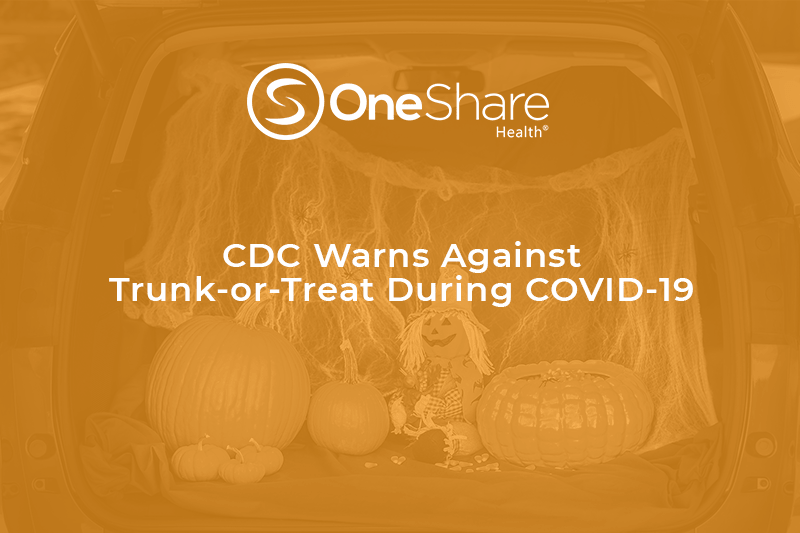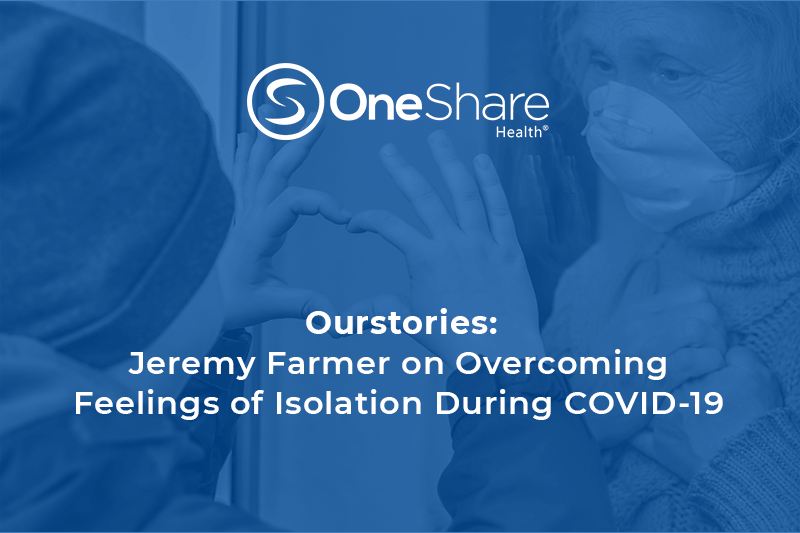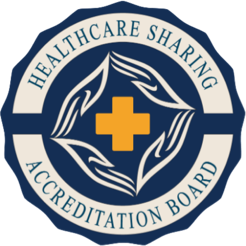While the autumn season unfolds according to plan, our holiday engagements are also starting to unravel as COVID-19 cases reach an all-time high (the CDC reported a +7% trend in positive cases within a 7-day period at the end of October 2020).
The reality is, families across the nation are revising their holiday traditions in order to cope with our “new normal” and prevent further transmission of COVID-19. But the question remains, how much longer are we expected to live with the consequences of this disease?
COVID-19 has produced massive implications for public health, and while wearing masks and social distancing can pose an inconvenience to some, academics and experts across the world predict such precautions will become an inevitable part of our daily living well into the foreseeable future.
“We know now that touching things, being with other people and breathing the air in an enclosed space can be risky,” says professor of linguistics at Georgetown University Deborah Tannen (Politico). “How quickly that awareness recedes will be different for different people, but it can never vanish completely for anyone who lived through this year. It could become second nature to recoil from shaking hands or touching our faces—and we might all find we can’t stop washing our hands.”
Is this newfound behavior something to be feared or embraced? And how apt are we to adopting, perhaps permanently, the idea of wearing masks and social distancing?
As Rosalind Eggo, an infectious-disease modeler at the London School of Hygiene & Tropical Medicine (LSHTM), states, “Finding the balance between what actually is a strategy that people will tolerate, and what strategy will contain an outbreak, is really important.” And the CDC is absolutely adamant that wearing a mask and remaining six feet apart from one another (i.e. social distancing) is the best way to prevent exposure and, thus, illness.
In an article published by Nature.com, a team of researchers at Anhembi Morumbi University in São Paulo, Brazil, concluded that if 50–65% of people are cautious in public, then reducing social-distancing measures every 80 days could help to prevent further infection peaks over the next two years.
“We’re going to need to change the culture of how we interact with other people,” says computational biologist Osmar Pinto Neto, who suggests that behaviors can make a significant difference in disease transmission.
While many human respiratory viruses — influenza, other human coronaviruses, and respiratory syncytial virus (RSV) — are on the rise as we head into the winter months, it’s likely that COVID-19 will follow suit. Effectively, this means that wearing a mask, washing our hands, and social distancing are crucial now, more than ever.

Difficult as it may be to find the silver lining in all this, the recent pandemic has created (even necessitated, some might argue) a shift towards Telemedicine services. What is Telemedicine? At OneShare Health, 24/7 Clever HealthTM Smart Virtual Care (Telemedicine) allows Members to consult a physician by phone or video chat, whenever and wherever. These services are intended to treat non-Life-Threatening conditions1 such as allergies, cold, flu, ear infections, fever, and more.
While these advancements might seem minute at present, they are likely to have a significant impact on the health care industry as more and more patients shift from in-person consultations to virtual ones, from physically shopping for health care providers to relying more on specialized online services until they find the right one.
Times are changing, folks, and while many of us might be quick to roll our eyes at this familiar saying, there is remarkable truth to it, especially now. While COVID-19 and other potentially life-threatening diseases are still in our midst—and they will be for a long time, many scientists have observed—we need to begin familiarizing ourselves with alternative health care services like Smart Virtual Care (Telemedicine) since they are likely to become even more popular as time goes on.
How does Clever HealthTM Smart Virtual Care or Telemedicine work? Get answers to these questions and more from the One Share, One Voice Blog!

Health Sharing Ministries do health care differently. Just ask the Sharing Community at OneShare Health!
How are Christian health ministries like OneShare Health breaking the mold? Simple: We provide our Members—our Family—with an affordable and flexible pathway to health care. In fact, read our OneShare Health reviews to discover how our health share Programs are making an impact on the lives of thousands of individuals and families across the country.
Get your free OneShare Health quote or click below today!
“And my God will supply every need of yours according to his riches in glory in Christ Jesus.”
Philippians 4:19 (ESV)
1In case of Life-Threatening emergencies, dial 911 immediately.

